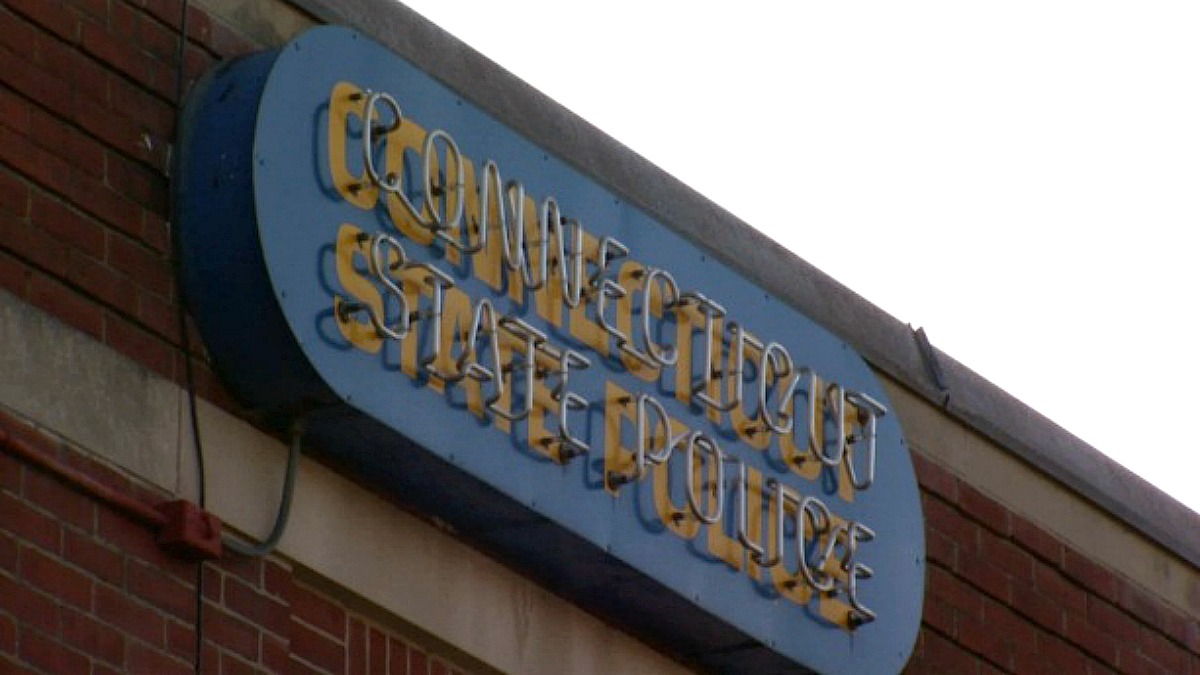
The man found guilty of a gruesome triple murder in Griswold in 2017 has filed an appeal with the Connecticut Supreme Court.
Sergio Correa is appealing his murder convictions and hoping for a new trial over the seizure of his cell phone and the use of the evidence from it during the 2021 trial.
On Wednesday, the case was presented to the court, on whether warrantless seizure of a cell phone was justified under an exigent circumstances exception, and whether the search warrant for the entire contents of the cell phone violated state and federal constitutions, according to the briefing.
“This case involves substantial privacy violations, arising from the police’s illegal seizure of my client’s cell phone, without probable cause and without exigency, when he was not a suspect in these crimes,” assistant public defender Jennifer Smith said Wednesday. “The police also obtained a general warrant to seize and search the entire contents of the defendant’s cell phone, which contained volumes of personal and private information. Police proceeded to make multiple copies of the phone’s contents, which were extensively and repeated searched and re-searched by FBI agents, state police detectives, and the prosecution.”
Get top local stories in Connecticut delivered to you every morning. Sign up for NBC Connecticut's News Headlines newsletter.
Correa was found guilty of the murders of Kenneth, Janet, and Matthew Lindquist in December of 2017. Correa and his sister, Ruth, who’s serving a 40-year sentence after taking a plea deal, stabbed Matthew and then killed his parents and burned down their family home.
The crime was committed after Matthew backed out of a deal to trade his father’s guns for drugs.
The state’s attorney on Wednesday acknowledged that the warrant could have been more direct, but said there was probable cause to seize the phone in the first place.
Local
“Here, it’s the state’s position that they had probable cause that there was evidence on that phone and there was real danger, that Sergio, had he walked out of there, would have deleted the evidence,” said senior assistant state’s attorney Ronald Weller. “You might say this warrant is unconstitutional, it’s overly broad, it’s not particular, that’s fine. I don’t think this is a general warrant.”
Attorney Jim Bergenn, who is not affiliated with the case, said the defense has a good argument.
“There was definitely reason to suspect him later. But at the time they seized it, he wasn't even a suspect,” Bergenn said. “At that point, they did not have anything to connect him. But then they hung on to all that stuff that they just took without the kind of a warrant that's supposed to be gotten. When you get a warrant to go after something as private as a cell phone, it has to be particular - that's written right into the Constitution's 4th Amendment. It's got to be particular, and here they essentially said we want everything on that phone.”
The Supreme Court will issue its decision at a later date.



